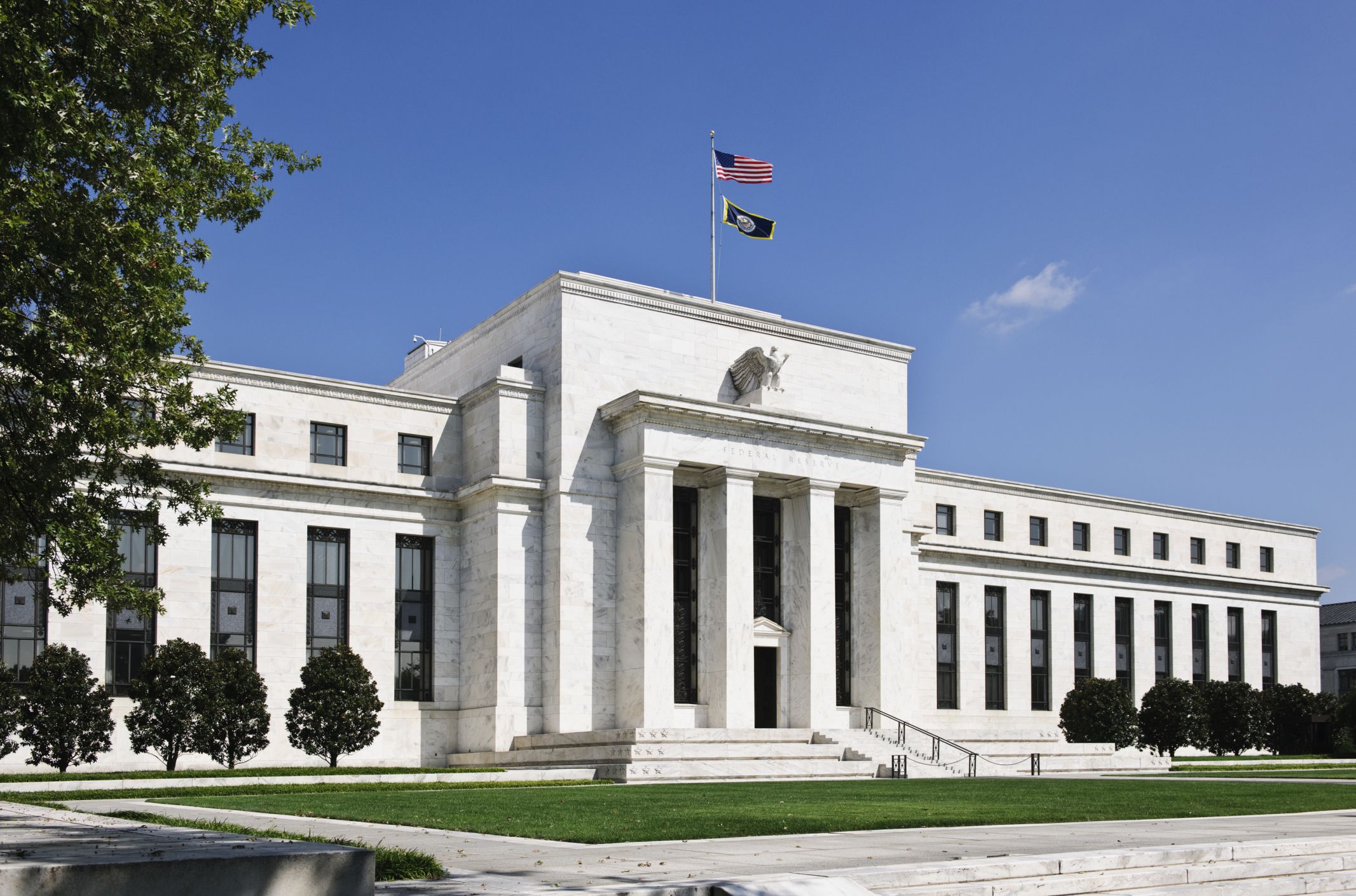
Thursday Preview -Fed Minutes Sets Markets in Good Mood; Yellen and White House Clash on Digital Dollar
Fed minutes seen as dovish by the market
The US central bank has just released the minutes of its last monetary policy meeting. Federal Reserve officials concluded at their January meeting that inflation was too high and assured that there will be an interest rate hike “soon”, potentially justifying rapid tightening.
Investors are trying to figure out the likely size of the US interest rate hike in March and the US central bank’s balance sheet reduction plans — currently at a record level of $8.9 trillion.
Following the latest meeting, Federal Reserve Chairman Jerome Powell told reporters that the central bank was on track to raise rates for the first time since 2018 and his colleagues shared general guidelines for normalizing the institution’s balance sheet.
Authorities are acting to combat the highest inflation in 40 years in the US and withdraw the huge support implemented to protect the economy from the covid-19 pandemic. The scenery fuels speculation that the Fed may act more aggressively to regain control of inflationary pressures. Some are betting on a 0.50 percentage point increase in the base rate, which would be the first of this magnitude since 2000.
Key highlights from the Fed minutes:
- Participants noted that inflation remained well above 2% and generally judged risks to the inflation outlook to be slanted to the upside.
- They assessed that the labor market is strengthening, having made substantial and extensive progress in the past year.
- In light of heightened inflationary pressures and a robust labor market, members continued to judge that the Committee’s asset purchases should be terminated soon.
- They emphasized that the appropriate policy path would depend on economic factors and financial developments and their implications for outlook and risks, and will update their assessments of the appropriate adjustment for monetary policy at each meeting.
- Most participants noted that if inflation does not move down as they expect, it would be appropriate for the Committee to remove accommodative policy at a faster pace than they currently anticipate.
- Members commented that supply and demand imbalances related to the pandemic and the reopening of the economy continued to contribute to high levels of inflation.
Clash between White House and Yellen over digital dollar delays crypto regulation
The launch of President Joe Biden’s cryptocurrency policy was delayed by a disagreement between White House officials and Treasury Secretary Janet Yellen over the scope of a rule to include the proposed digital dollar, according to people familiar with the matter.
The rule, intended to set out a government-wide strategy for digital assets, was supposed to be signed into law earlier this year, but the dispute between Yellen’s team and officials at the National Economic Council has slowed its progress, the people said, speaking about the condition. of anonymity. Senior government officials have already completed a draft that is ready for Biden’s consideration, although further actions could be delayed because of the Ukraine crisis.
Yellen sees this point as unnecessary, particularly in relation to any mention of a central bank issuing digital dollars, according to two of the people. The Treasury chief and her staff say the Federal Reserve, which released a report last month, is still working on the matter and should have room to develop its assessment. Her team also expressed to the White House that the Treasury and federal regulators, including the Securities and Exchange Commission, are making progress in providing the industry with more clarity on US rules on virtual currencies.
Treasury spokesman John Rizzo said the case “is imprecise” without directly addressing Yellen’s involvement with the White House in wording the order. “The Treasury continues to work closely with our partners across the administration and in the White House,” he said. A White House spokesperson also said the administration is united in its work on digital asset policy.
Federal agencies have taken a dispersed approach to digital assets in recent years, and Biden’s team is facing pressure to lead the charge. Industry executives often bemoan what they say is a lack of clarity in US rules and others fear that China and other nations’ adoption of government-backed currencies could threaten the dollar’s dominance.
Biden-appointed financial regulators are taking an increasingly tough stance on the cryptocurrency market as they seek to step up oversight of the asset class. Regulators have expressed concern about the lack of investor protection and possible risks to financial stability, as this market reaches more than $2 trillion, including in the minutes of the Fed’s January meeting released on Wednesday.
National security agencies are also dealing with high-profile risk cases of digital currencies playing a role in ransomware attacks, such as the Colonial Pipeline case last year.
Late week highlights
- Group of 20 finance ministers and central bank governors meeting in Indonesia (Thursday);
- Speeches by Cleveland Fed President Loretta Mester and St. Louis Fed President James Bullard (Thursday);
- European Central Bank Economic Bulletin (Thursday);
- US Monetary Policy Forum: Speakers include Fed officials Charles Evans, Christopher Waller and Lael Brainard (Friday);